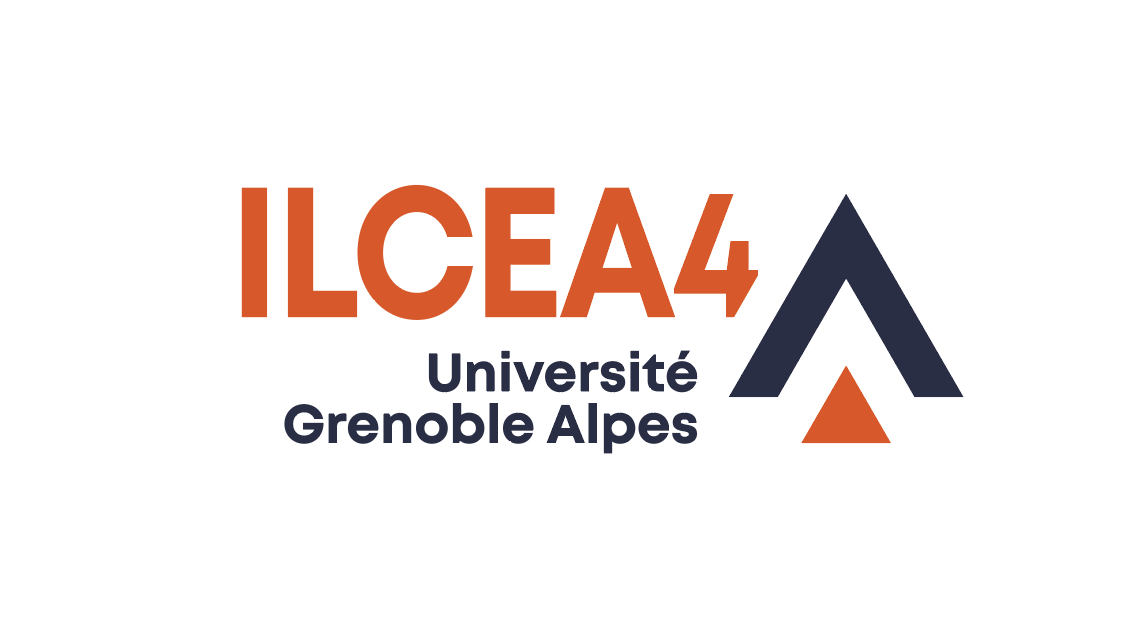Post-soviet, post-apocalypse : dystopian themes and monstrous creatures in post-soviet novels
Post-soviétique, postapocalyptique : Motifs dystopiques et créatures monstrueuses dans quelques romans post-soviétiques
Abstract
This article aims at questioning socio-political explanations for the rise of dystopian and post-apocalyptic motives in the post-soviet literature. Focusing on the question of humanity and monstrosity in such works, we will try to figure out possible interpretations for the rise of monsters and mutants, following the presumed death of the so-called "homo sovieticus", and the rapid mutations of Russian society in the 1990's. Our survey will grant a special place to the significance of the fall of the USSR, trying to see its resonance in dystopian literature, in terms of aesthetic changes. Focusing on the figure of the monster, we will try and differentiate several cultural interpretations. A study of Tolstaya's The Slynx and Glukhovsky's Metro 2033 will interrogate the signification of mutants and post-apocalypse, in a post-soviet context. Revenants and spectral incarnations in Bykov's Justification and Slavnikova's 2017, will give rise to a reflexion on the presence of the soviet past as undergoing trauma in present literature, and the importance of historical memory in a number of post-soviet dystopian works. Viktor Pelevin's works will allow us to pass on more contemporary incarnations of Russian power, with specific monsters made to embody today's political elite. In Pelevin, the contemporary elite is depicted as a caste of vampires (Empire V), or a strange couple of werewolves (The Sacred Book of the Werewolf). In the end, we will focus on digital and post-human monsters, based on the figure of Pelevin's "Homo Zapiens" (Generation P), and Sorokin's clones of classical Russian writers (Blue Lard).
Domains
Literature
Origin : Explicit agreement for this submission


